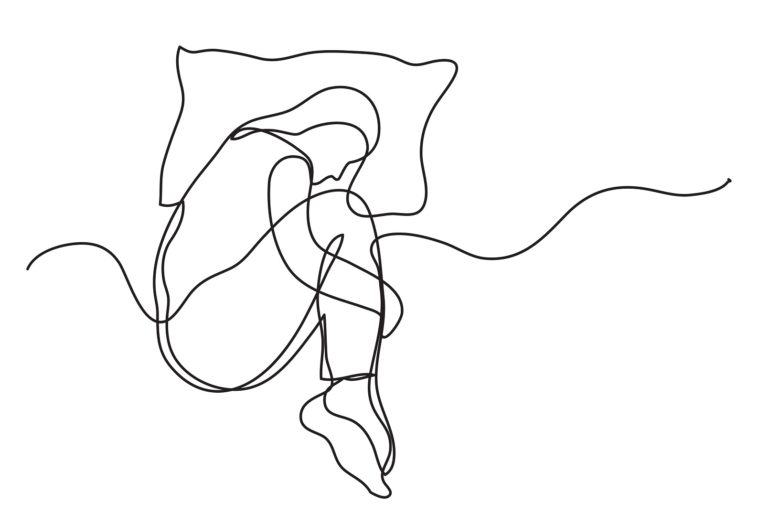If you search, you will find many studies related to “sleeping and immune system. Sleeping affects the immune system and stress affects the immune system. Which means, sleep (more or less) affects the Immune system and is linked to vitiligo. Now, it would make sense that maintaining a healthy sleep cycle has potential to stop vitiligo from spreading.
One-third of human life is designed to be spent in the state of sleep. From the cells to tissues to organs there is a continual buzz of work, repair, and regeneration. After all, sleep is the natural elixir that restores our physical and mental energies.
The consequences of poor sleep
When sleep duration or quality is disturbed we experience ill health. The first symptom is that we feel not refreshed on waking. We are sleepy all day adversely affecting our physical and intellectual performance. Those engaged in physical tasks experience slow reflexes and fatigue even with ordinary exertion. As for intellectual tasks, the ability to concentrate goes down with the reduction in efficiency.
When sleep deprivation is chronic, symptoms of mental illness starts to appear: irritability, depression, and anxiety, all of which contribute to vitiligo spread. The personality often changes and affects work and personal relationships. Sleep deprivation increases the propensity for serious accidents several folds.
Common sleep disorders
Other than lifestyle factors there are sleep-related diseases for which public awareness must improve. Sleep Apnea is a common but under-recognized disorder that occurs in those who snore. Sleep studies are necessary to diagnose sleep apnea and disorders of sleep mechanism but not usually for insomnia. This involves studying the patient in a sleep laboratory. Since the 90’s, sleep laboratories have increased exponentially in numbers throughout the world.
Narcolepsy is a disorder in which the patient experiences an intense urge to sleep all the time despite a full night’s normal sleep. This is a rare disease related to the sleep stages intruding into wakeful state due to an abnormal REM-NREM pattern. Such a patient may also experience a sudden giving way of his legs, the so-called “cataplexy” due to REM sleep creeping in when awake.
Sleep-walking or somnambulism is a well known but rare disorder that is often temporary. A combination of interventions aimed at securing patient’s safety during such activity along with counseling produces rewarding results.
Can sleep cure vitiligo?
The human body is capable of healing itself. So, sleeping right (along with healthy diet) can make your body regain its natural rhythm and your immune system can function correctly. Many studies have established the strong correlation between the increase in vitamin D deficiency and the increase in sleep disorders. When patients with sleep disorder manage to improve their vitamin D levels, they, in many cases, improve the quality of their sleep and the extent of their ability to self-repair.
Through the exact relationship between sleep and vitiligo is still the subject of many ongoing studies, there are higher incidences of sleep disorders among vitiligo fighters than the rest of the population. So, it will be worth trying to recognize sleep disorders early and employ remedial measures promptly.
This is to be noted that sleeping well cannot be proclaimed effective as a solitary approach to minimize depigmentation. As part of a complete lifestyle change, regular exercise, proper nutrition, and positive social contact should be taken into account.


One Comment
Leave a Reply